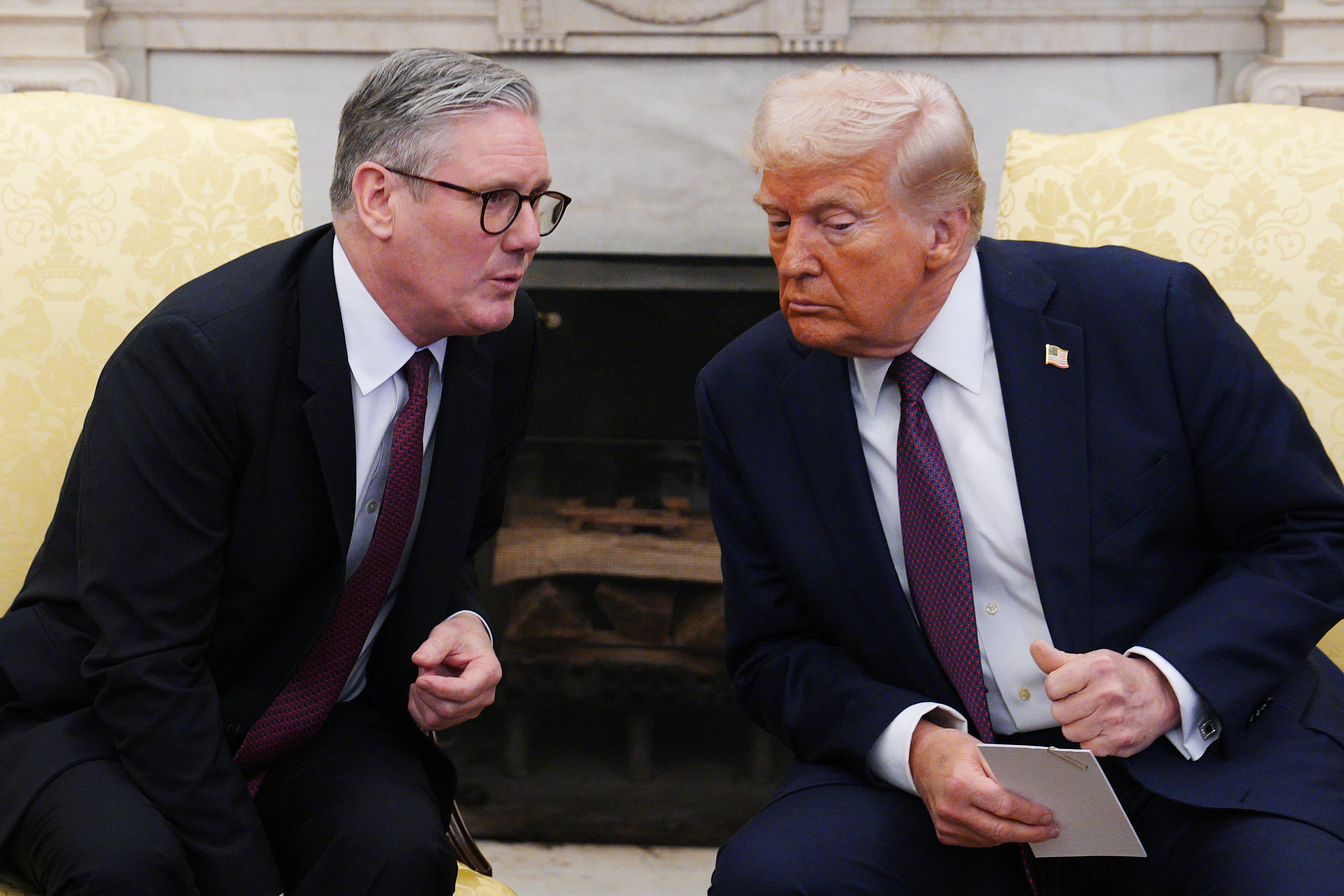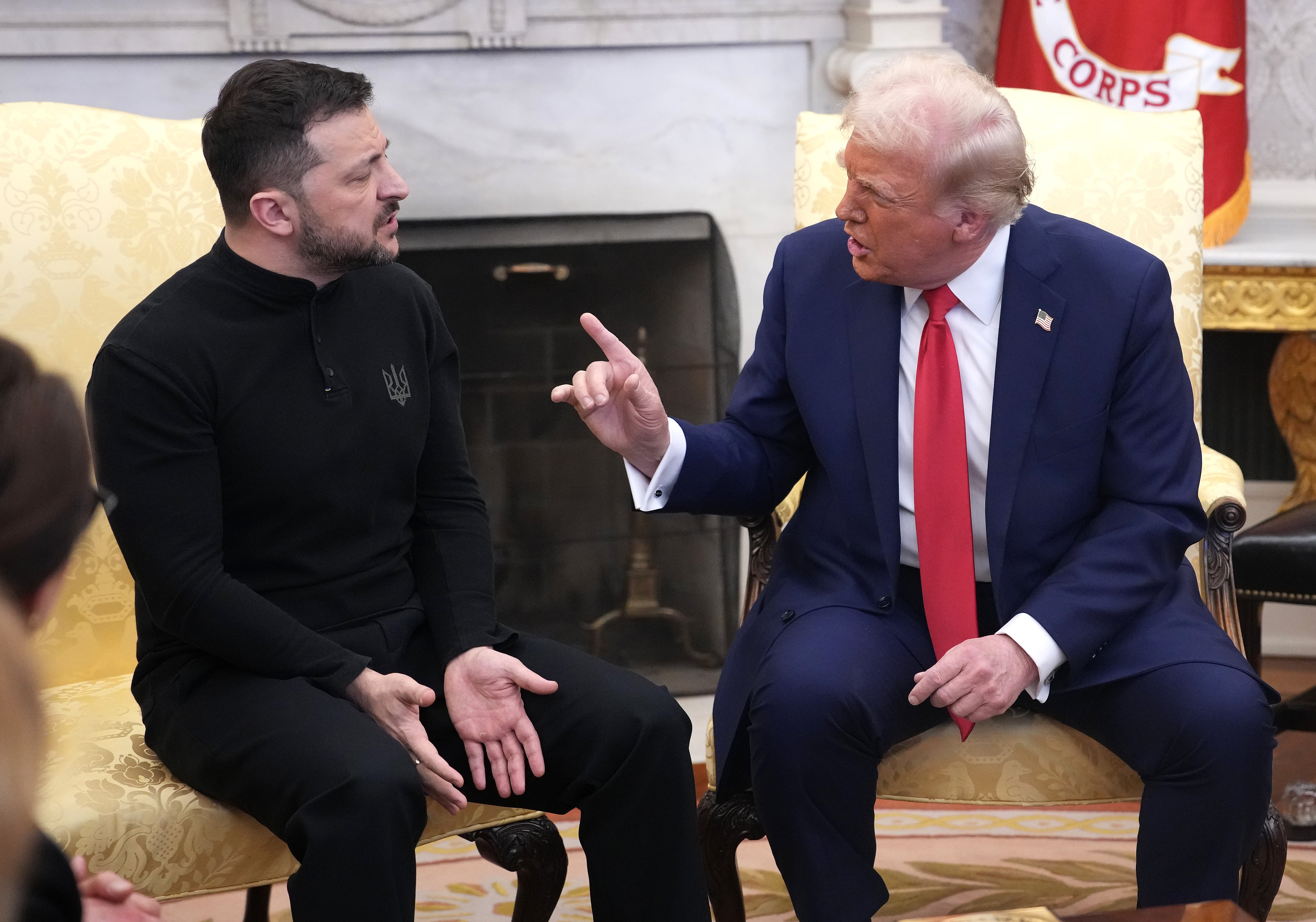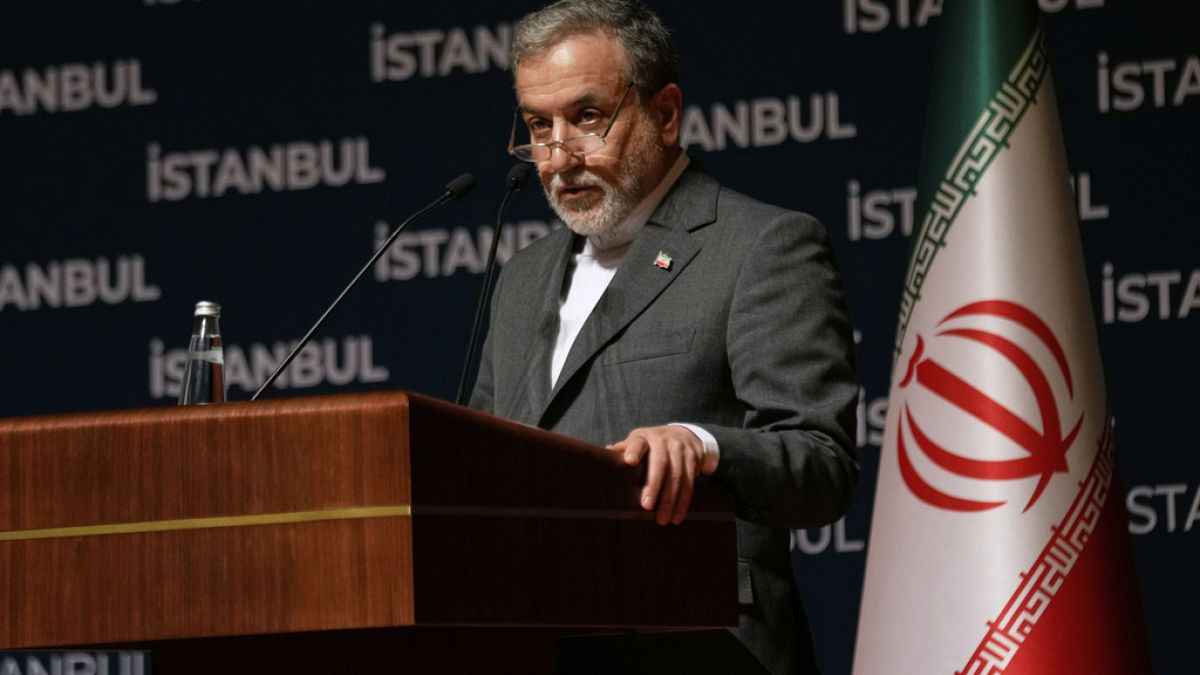Just five days ago Sir Keir Starmer sat down with the travelling pack of UK journalists at the G7 in Canada and assured them and their readers that Donald Trump would not attack Iran.
He said: "There is nothing the president said that suggests he's about to get involved in this conflict, on the contrary, the G7 statement was about de-escalation.
"I think what he said was he wanted to go beyond a ceasefire effectively and end the conflict. And I think he's right about that. I mean, a ceasefire is always a means to an end.
"That is consistent with what we agreed around the table yesterday. And throughout the dinner yesterday I was sitting right next to President Trump, so I've no doubt, in my mind, the level of agreement there was in relation to the words that were then issued immediately after that, pretty soon after the dinner.”

He made a point of being at the table sitting next to Trump to underline that his reading of what the US president would do was correct.
At that point Trump had left the resort in Alberta early and was back in the White House. Just hours later he was posting threats to Iran on Truth Social.
Then last night, five days after Starmer addressed journalists, he authorised the bombing of Iran having given them two weeks on Friday to get back to the negotiating table.
The question though is: Why does the prime minister just keep getting it so wrong about what the US president will say and do?
This is not the first time that Sir Keir has suggested Trump will do one thing and then the US president has done the opposite.
We can go back to Starmer’s cosy chat in the Oval Office when the two had their first formal meeting as prime minister and president in March.
At the time and just before handing Trump the invitation from the King for a state visit, Sir Keir said he wanted “to thank you for changing the conversation on the war in Ukraine.”
It seemed an odd phrase even then given that Trump seemed to be dead set on forcing Ukraine to accept a peace on Russia’s terms.
But it looked far worse 24 hours later after vice president J.D. Vance and president Trump berated and humiliated Ukraine’s president Volodymyr Zelensky in the same Oval Office forcing him to leave their meeting.
Then in May Sir Keir and President Trump were on the opposite ends of a public zoom call congratulating each other for the trade deal they had just struck over the White House’s global tariff regime.

“Donald, thank you for your leadership,” the prime minister said, emphasising the first name terms.
All seemed well until later in the month when Trump announced steel tariffs would be 50 per cent, not 25 per cent, and it turned out the UK/ US trade deal had not actually been implemented.
It took til last week to get most of the deal implemented apart from steel which is still subject to discussions with the UK tariff remaining at 25 per cent with a hope of zero per cent still on the table.
At every turn it appears that the prime minister wants us to think the best of Trump only for the US president to be apparently determined to prove him quickly wrong.
It may be wishful thinking on Sir Keir’s part. After all, he is constantly hoping Trump will do the right thing.
There is a case to point out that what else could he say in these circumstances especially as his primary diplomatic policy appears to be to assuage Trump’s ego and butter the US president up as much as possible.
To be fair, Starmer has had more success than most on the international stage and he rightly speaks of his “warm relationship” with the US president who in turn has gone out of his way to praise the prime minister’s leadership.
There is a sense from a popular American phrase of “speaking things into existence”, in that if you want something to happen it is better to say it will happen and hope that is enough to ensure it does.
But perhaps it is because of the quixotic nature of the US president. He thinks one thing at one moment and then changes his mind when he leaves the room.
It could be all of the above. But even those who wanted to believe Starmer last week thought he was being extremely naive in suggesting the president was pursuing de-escalation.
It all reflects a complex international situation for the prime minister in his first year and one which is only going to heat up further.
The problem is that our prime minister seems incapable of guessing what the biggest international player and UK’s most important ally will do next.

 4 hours ago
3
4 hours ago
3








